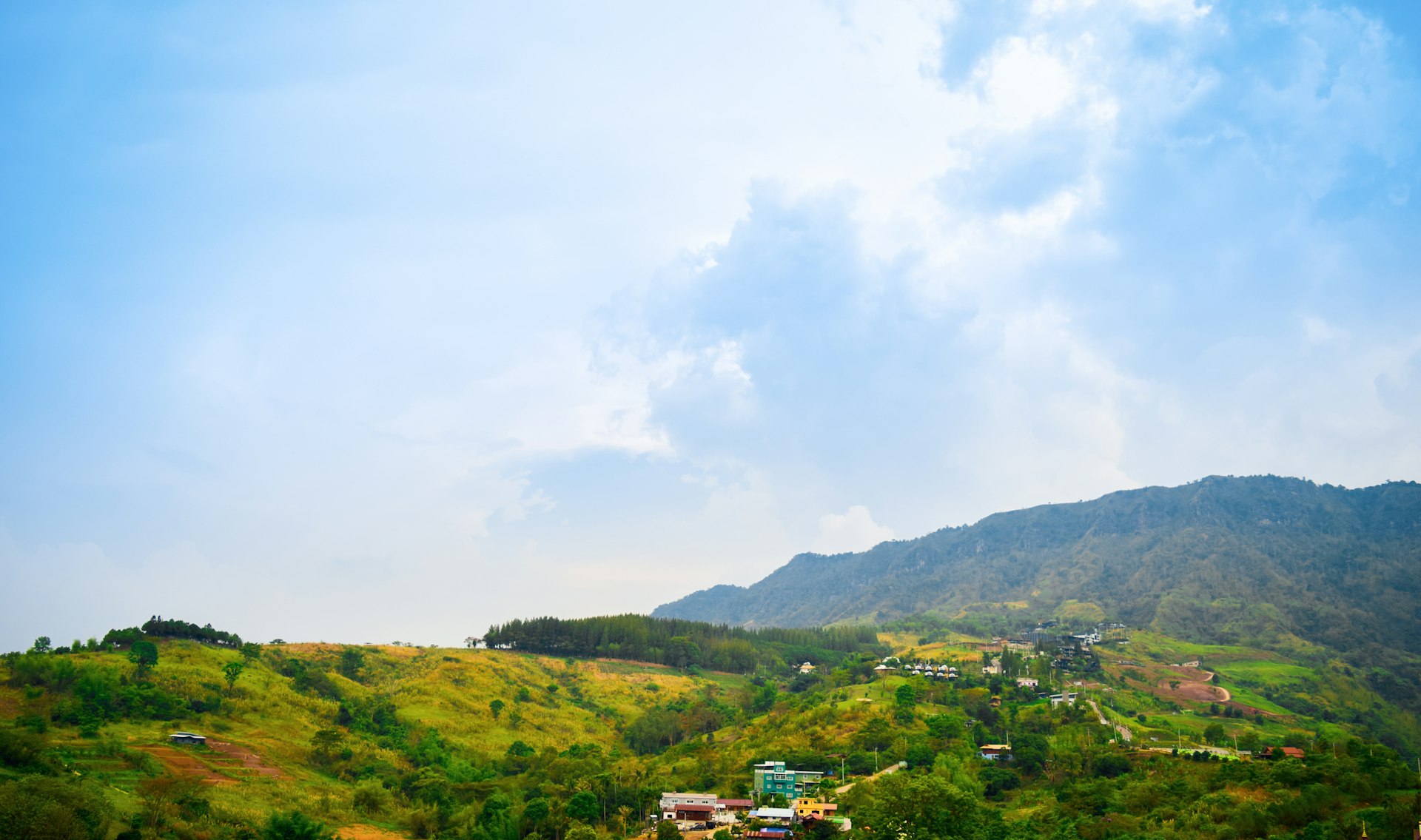Discover Heritage Festivals: Celebrating Culture Across the Globe

Photo by Frank Ng on Unsplash
Introduction: The Universal Power of Heritage Festivals
Heritage festivals are more than just annual gatherings-they are living embodiments of cultural identity, tradition, and communal memory. Across continents, these events offer visitors the chance to witness unique rituals, sample authentic local cuisine, and participate in age-old ceremonies. By attending heritage festivals, individuals can deepen their understanding of global cultures, support preservation efforts, and forge meaningful connections with communities worldwide.
Why Heritage Festivals Matter
Heritage festivals serve as powerful vehicles for cultural preservation and education. They allow local populations to celebrate their history and traditions, while also inviting outsiders to learn and participate. These festivals often feature traditional music, dance, religious ceremonies, handicrafts, and culinary specialties, providing a holistic immersion into the host culture. Many governments and organizations support these festivals as part of broader efforts to safeguard intangible cultural heritage, a concept recognized by UNESCO and global cultural agencies. Participating in such festivals can foster cross-cultural understanding, offer economic benefits to local communities through tourism, and inspire future generations to embrace their roots [1] .
Iconic Heritage Festivals Around the World
Kandy Esala Perahera – Sri Lanka
Held annually in Kandy, Sri Lanka, the Esala Perahera is a magnificent Buddhist procession that honors the Sacred Tooth Relic of the Buddha. For ten days, the city comes alive with decorated elephants, traditional dancers, fire breathers, and musicians. Visitors from around the world flock to witness this spectacle, which combines religious devotion with artistic expression. For those interested in attending, accommodations in Kandy fill up quickly during festival season, so it is advisable to book well in advance and consult local tourism boards for official schedules [1] .
Hornbill Festival – Nagaland, India
The Hornbill Festival is a vibrant celebration of the diverse tribes in the Indian state of Nagaland. The event showcases indigenous dances, folk music, traditional games, and artisanal crafts. Tourists can experience the rich tapestry of Naga culture and purchase handcrafted souvenirs directly from local artisans. The festival is typically held in early December, and visitors can find up-to-date schedules by searching for the “Hornbill Festival Nagaland” through official Indian tourism portals or contacting local tourism authorities for current event details [1] .
Yi Peng Lantern Festival – Chiang Mai, Thailand
The Yi Peng Lantern Festival transforms the skies of Chiang Mai into a glowing sea of lanterns. Thousands gather to release lanterns in honor of spiritual renewal and good fortune. Coinciding with the Loy Krathong festival, which involves floating offerings on water, Yi Peng offers a magical experience for travelers. To participate, visitors should check the official Chiang Mai tourism website or consult local travel agencies for dates and safe viewing locations [4] .
Semana Santa – Antigua, Guatemala
Semana Santa, or Holy Week, is one of the most elaborate religious festivals in Central America. In Antigua, Guatemala, dramatic processions wind through the streets, which are adorned with intricate carpets made from colored sawdust and flowers. The event commemorates the Passion of Christ and includes music, incense, and traditional foods. Tourists interested in attending should plan travel for the week leading up to Easter and consult Guatemalan tourism boards for official processional routes and visitor guidelines [3] .
Timkat – Ethiopia
Timkat, celebrated on January 19, marks the Epiphany and the baptism of Jesus, according to Ethiopian Orthodox tradition. The festival involves vibrant processions, blessings at rivers or lakes, and the use of ceremonial umbrellas and attire. Travelers can find information about Timkat by searching for “Timkat Festival Ethiopia” and contacting Ethiopian tourism offices for details about major celebrations, typically held in Addis Ababa, Gondar, and Lalibela [3] .
Songkran – Thailand
Songkran, the Thai New Year, is celebrated with exuberant water fights and temple visits. The throwing of water is symbolic, washing away bad luck and welcoming prosperity. The festival occurs in mid-April, with major events in Bangkok and Chiang Mai, but smaller celebrations take place throughout the country. To find up-to-date event details, consult the official Thailand tourism website or local travel agencies [5] .
Participating in Heritage Festivals: Practical Steps
To attend a heritage festival, begin by researching upcoming events using official tourism websites or cultural agency portals. Many festivals require advance planning, especially for travel and accommodations. Consider reaching out directly to tourism boards or local festival organizers for guidance on ticketing, safety protocols, and cultural etiquette. If festivals are religious or spiritual in nature, respect local customs regarding dress and behavior. For hands-on experiences, investigate volunteer opportunities or workshops offered during the festival period. When official online resources are unavailable, use search terms such as “[Festival Name] official website” or “[Country] tourism board” for accurate, up-to-date information.
Challenges and Solutions
Attending heritage festivals can present challenges such as language barriers, crowd management, and unpredictable weather. To mitigate these issues, travelers should prepare by learning basic phrases in the local language, dressing appropriately for the climate, and carrying essential items like water, sun protection, and secure storage for valuables. If traveling during peak festival periods, book accommodations and transport early. For those seeking quieter experiences, consider attending smaller, regional variations of major festivals, which often provide a more intimate glimpse into local traditions.
Alternative Approaches: Virtual Festivals and Community Events
When travel is not feasible, many heritage festivals now offer virtual experiences, including live-streamed performances, online workshops, and digital exhibitions. Check official festival websites or reputable cultural organizations for access to these resources. Additionally, local cultural centers or embassies may host smaller-scale events celebrating global heritage, providing opportunities to engage with traditions closer to home.
Key Takeaways and Next Steps
Heritage festivals provide unique opportunities to experience the world’s rich tapestry of traditions, beliefs, and artistic expressions. Whether attending in person or virtually, these events foster cross-cultural understanding and support the preservation of global heritage. To get started, identify festivals of interest, consult official tourism boards for current schedules, and prepare for a rewarding, immersive adventure that celebrates the spirit of community and cultural pride.

Photo by Rajesh Rajput on Unsplash
References
- [1] ConnectPLS (2024). Traditional Festivals: Celebrating Culture and Heritage Around the World.
- [2] Wikipedia (2024). List of Folk Festivals.
- [3] Kiricard (2024). The Heartbeat of Cultures: Best 30+ Festivals Around the World.
- [4] The Venue Report (2024). 22 Celebrations of Culture From Around the World.
- [5] International TEFL Academy (2025). 10 International Festivals & Celebrations For Your Bucket List.



